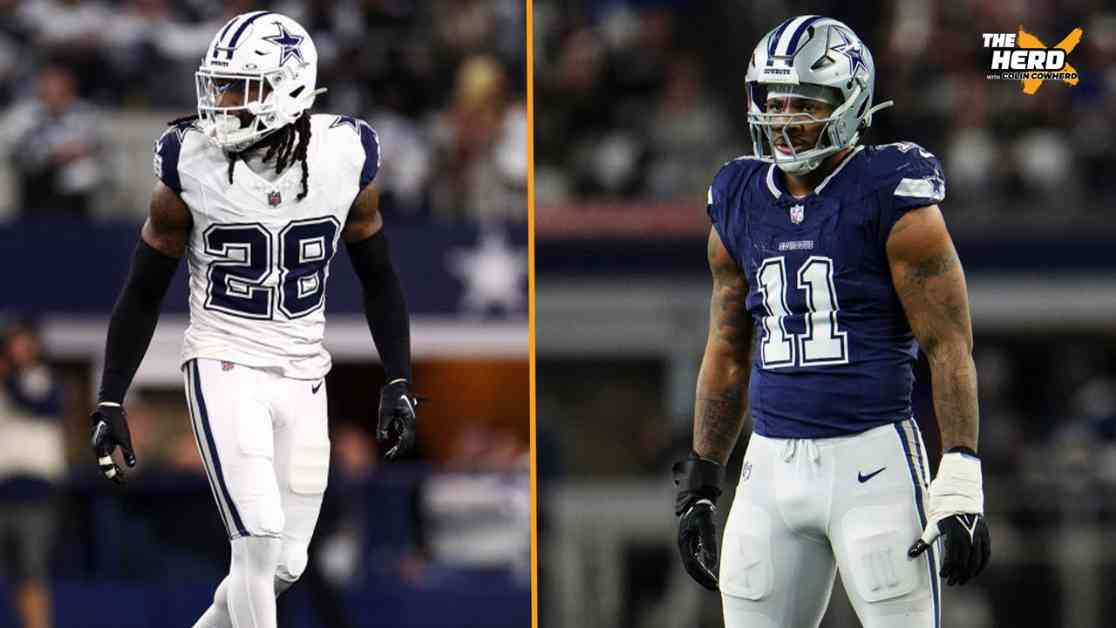Malik Hooker, a former Indianapolis Colts safety, recently criticized Micah Parsons, a Dallas Cowboys linebacker, for his podcast activities. Hooker expressed his disapproval of Parsons’ involvement in podcasting, suggesting that it could be a distraction for the young player. This criticism has sparked a debate among fans and analysts about the impact of off-field activities on an athlete’s performance.
While some agree with Hooker’s concerns and believe that players should focus solely on their professional careers, others argue that engaging in hobbies and side projects can actually benefit athletes by providing a creative outlet and helping them develop skills outside of their sport. Parsons, who has gained popularity for his podcast, has not responded directly to Hooker’s comments, but his supporters have defended his right to pursue interests outside of football.
The controversy surrounding Parsons and Hooker highlights a larger issue within the Dallas Cowboys organization. Analysts like Jason McIntyre have suggested that the drama between the two players is indicative of larger problems within the team. McIntyre believes that the Cowboys are “disintegrating as we watch it,” pointing to internal conflicts and distractions as potential reasons for the team’s struggles.
As the debate continues to unfold, it raises important questions about the balance between professional responsibilities and personal interests for athletes. While it is crucial for players to prioritize their careers and performance on the field, it is also essential for them to maintain a sense of identity and pursue passions outside of football. Finding the right balance between work and personal life is a challenge that many athletes face, and the case of Micah Parsons and Malik Hooker serves as a reminder of the complexities of navigating a career in professional sports.
Ultimately, the outcome of this controversy remains uncertain. Whether Parsons will adjust his approach to podcasting or continue to pursue his passion alongside his football career is yet to be seen. However, the discussions sparked by Hooker’s criticism shed light on the broader issues of player autonomy, team dynamics, and the challenges of managing personal interests in a high-pressure professional environment.
As fans and analysts speculate about the future of Micah Parsons’ podcast and its impact on his performance, one thing is clear: the intersection of sports and media continues to be a topic of interest and debate in the world of professional football. Only time will tell how this situation unfolds and what lessons can be learned from it for players, teams, and fans alike.








